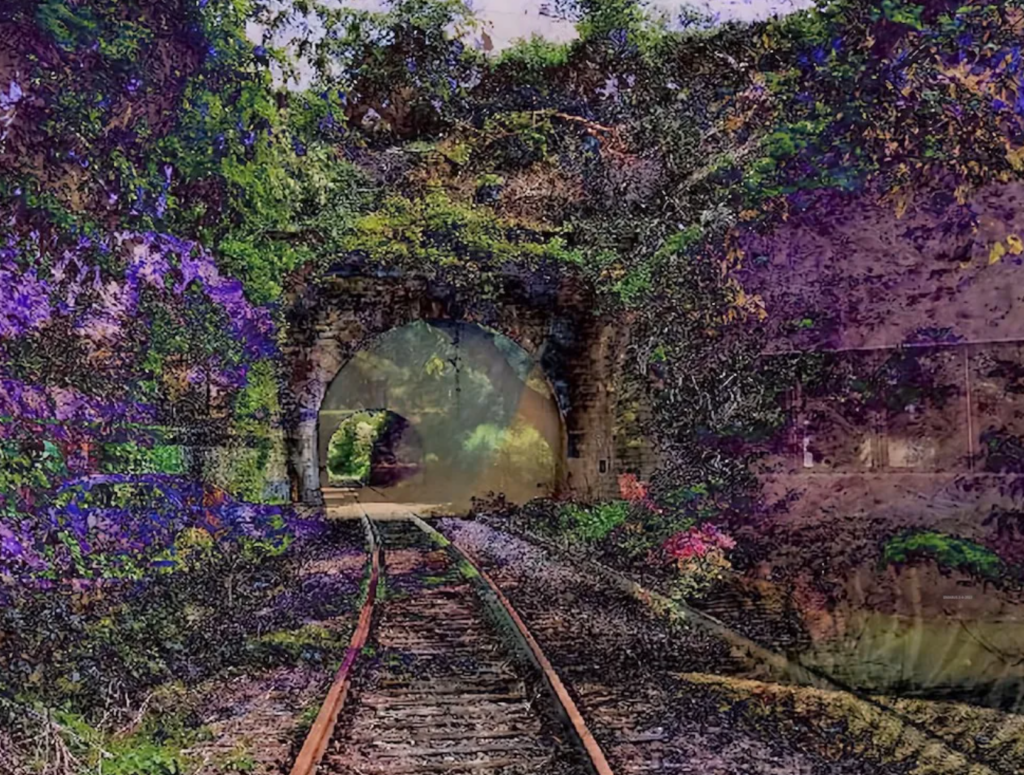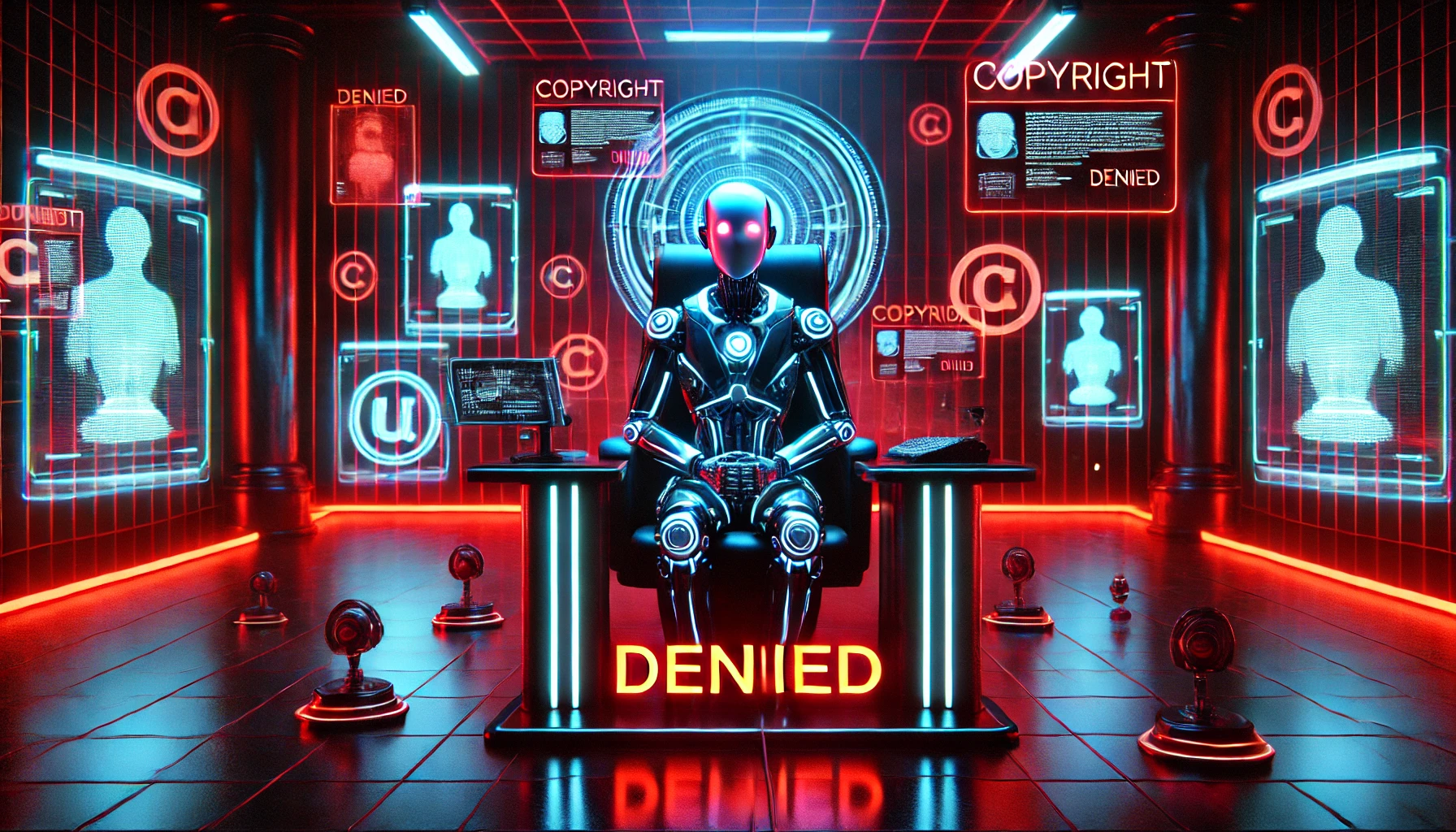The bizarre legal saga of whether an AI system can be granted a copyright took another turn this week.
In a unanimous ruling, the U.S. Court of Appeals for the D.C. Circuit held that works created autonomously by AI are not eligible for copyright protection under current law.
The three-judge panel affirmed a lower court’s 2023 decision that only works with human authors can be registered with the U.S. Copyright Office.
The case traces back to computer scientist Stephen Thaler’s failed attempt to copyright “A Recent Entrance to Paradise,” an eerie, dreamlike image conjured up in 2012 by Thaler’s AI ‘Creativity Machine.’

Ovenfor: Stephen Thaler’s “A Recent Entrance to Paradise” was created in 2012.
When Thaler tried to register the work, the Copyright Office flatly rejected his application, contending it “lacks the human authorship necessary to support a copyright claim.”
Thaler sued, insisting the Copyright Office’s “human authorship” requirement had no basis in law. He argued that granting copyrights to AI creations would further the constitutional goal of promoting “the progress of science and useful arts.”
In 2023, a federal judge sided decisively with the Copyright Office, calling human authorship “a bedrock requirement of copyright.”
“We are approaching new frontiers in copyright as artists put AI in their toolbox,” the judge wrote at the time. “This case, however, is not nearly so complex.”
The appeals court agreed, finding that “authors are at the center of the Copyright Act” and that the law’s plain meaning limits authorship to humans. Thaler says he strongly disagrees with the ruling and plans to appeal.
As AI-generated content proliferates, courts are grappling with mind-bending questions of ownership and rights.
While this case provides some clarity on wholly autonomous AI art, many issues around human/AI collaborative works remain primarily unsettled.





